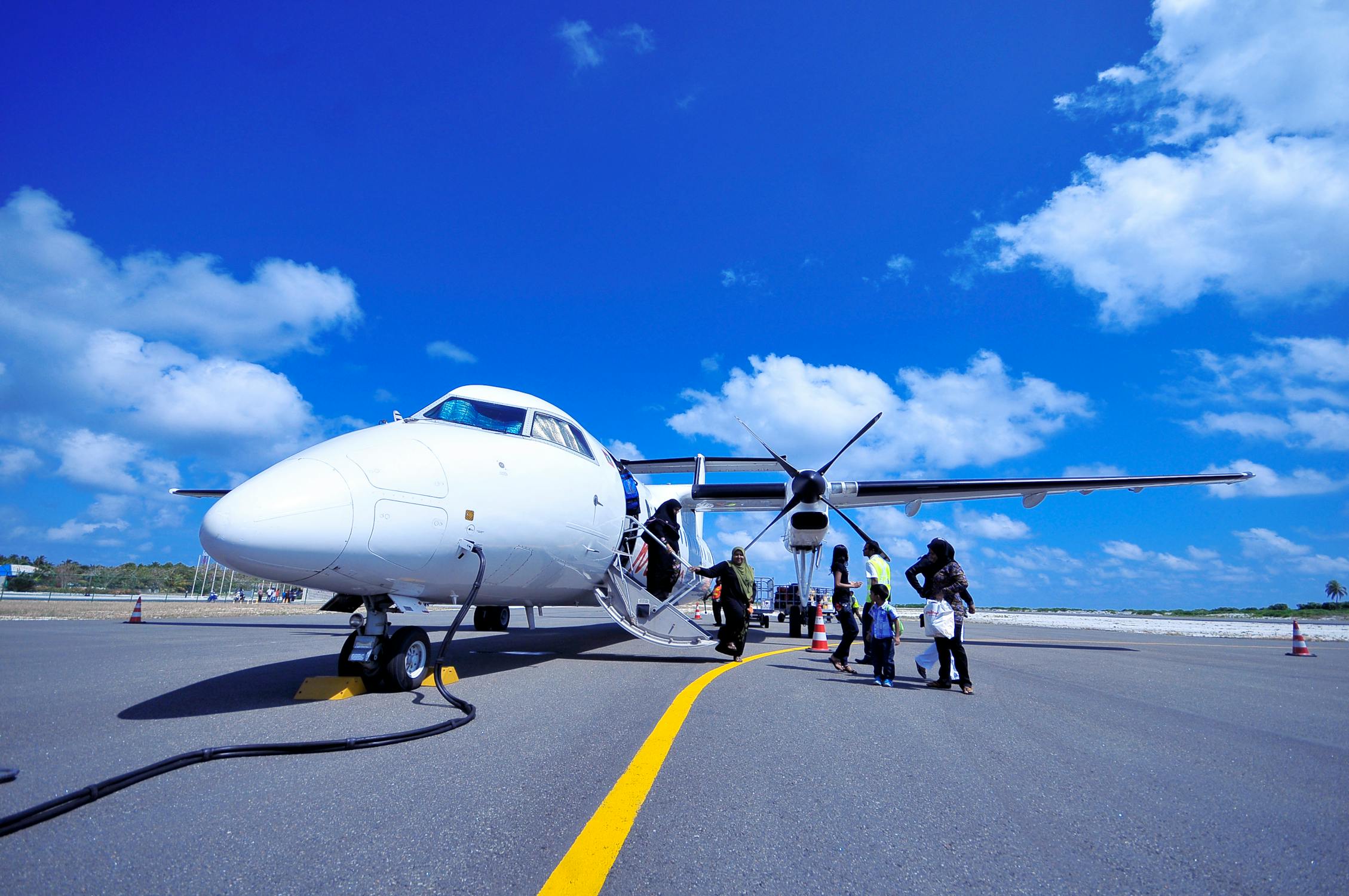Chartering a Jet vs Buying a Private Jet: Which is Cheaper?
The allure of owning a private jet has long been associated with luxury, status, and convenience. Celebrities, business moguls, and high-net-worth individuals have often been seen as the primary patrons of private aviation. However, in recent years, a growing number of individuals and corporations are realizing that chartering a jet can be a more cost-effective option than investing in their own aircraft. This paradigm shift is driven by various factors, including the high upfront costs and ongoing expenses of private jet ownership. In this article, we'll explore why chartering a jet might actually save you more money than buying one.
The High Costs of Private Jet Ownership
-
Acquisition Costs:
The first and most significant hurdle to owning a private jet is the initial acquisition cost. Private jets are not cheap. Even for a relatively small and basic model, you could be looking at tens of millions of dollars. For larger, more luxurious aircraft, the price tag can soar into hundreds of millions. This substantial upfront investment may not be practical for most individuals or even some companies.
-
Maintenance and Repairs:
Owning a private jet is not a one-time expense; it's an ongoing financial commitment. Maintenance and repairs can account for a significant portion of the ownership costs. Aircraft maintenance is highly regulated and involves rigorous safety standards, which means you'll need a dedicated team of technicians, pilots, and support staff to keep your jet in top condition. This translates to continuous expenditures.
-
Hangar Costs:
You can't just park your private jet in your backyard. Hangar space rental at airports can be exorbitantly expensive, especially in prime locations. These costs add up over time, further increasing the financial burden of private jet ownership.
-
Insurance:
Private jets come with hefty insurance premiums. Given the high value of these assets, insurance companies charge significant amounts to cover them adequately. This expense is a recurring cost that can't be ignored.
-
Fuel and Operating Costs:
Fuel is one of the most substantial operating expenses for private jet owners. Flying a jet can consume a significant amount of fuel, depending on the aircraft's size and range. Maintenance, repairs, pilot salaries, and other operational expenses also contribute to the ongoing financial drain.
-
Depreciation:
Aircraft, like other vehicles, depreciate over time. The resale value of a private jet tends to decrease, which means you'll likely lose a substantial portion of your initial investment when you decide to sell it.
The Cost-Efficiency of Chartering a Jet
-
No Initial Acquisition Costs:
One of the primary advantages of chartering a jet is that you don't need to bear the astronomical upfront acquisition costs associated with private jet ownership. Instead, you pay for the flights you take, eliminating the need for a multi-million-dollar investment.
-
Elimination of Maintenance and Repairs:
When you charter a jet, you are not responsible for its maintenance and repair costs. The charter company is in charge of keeping the aircraft airworthy, ensuring your safety and convenience without you having to worry about unexpected expenses.
-
No Hangar Costs:
With chartering, you don't need to rent hangar space, saving you a substantial amount of money. You simply arrive at the airport, board your chartered jet, and leave the rest to the service provider.
-
Insurance Included:
Insurance coverage is typically included in the cost of chartering a private jet. You won't have to worry about shopping for and paying for a separate insurance policy, which can be a significant expense for private jet owners.
-
Pay-as-You-Fly Model:
Chartering a jet follows a pay-as-you-fly model. With most private jet rentals like BLADE by Rob Wiesenthal you only pay for the flights you need, when you need them. This flexibility can be a cost-saving feature, especially if your travel needs vary throughout the year.
-
No Depreciation Worries:
When you charter a jet, you don't need to be concerned about the depreciation of the aircraft's value. You get to enjoy the benefits of private air travel without bearing the financial burden of an asset that's losing value over time.
While owning a private jet may be a dream for some, it's important to consider the significant financial implications that come with it. The high acquisition costs, ongoing maintenance, repairs, hangar fees, insurance premiums, fuel expenses, and depreciation make private jet ownership an expensive proposition.
On the other hand, chartering a private jet provides a cost-effective and flexible alternative. You can enjoy the convenience, luxury, and privacy of private air travel without the hefty financial commitment. For individuals and companies that prioritize cost efficiency and flexibility, chartering a jet is a compelling option.
Ultimately, the decision between owning a private jet and chartering one depends on your specific needs, financial resources, and travel patterns. However, it's clear that in many cases, chartering a jet can save you more money and provide a hassle-free way to access the world of private aviation. So, before you sign on the dotted line to buy a private jet, consider the economical advantages of chartering – it might just be the smarter choice for your wallet.

